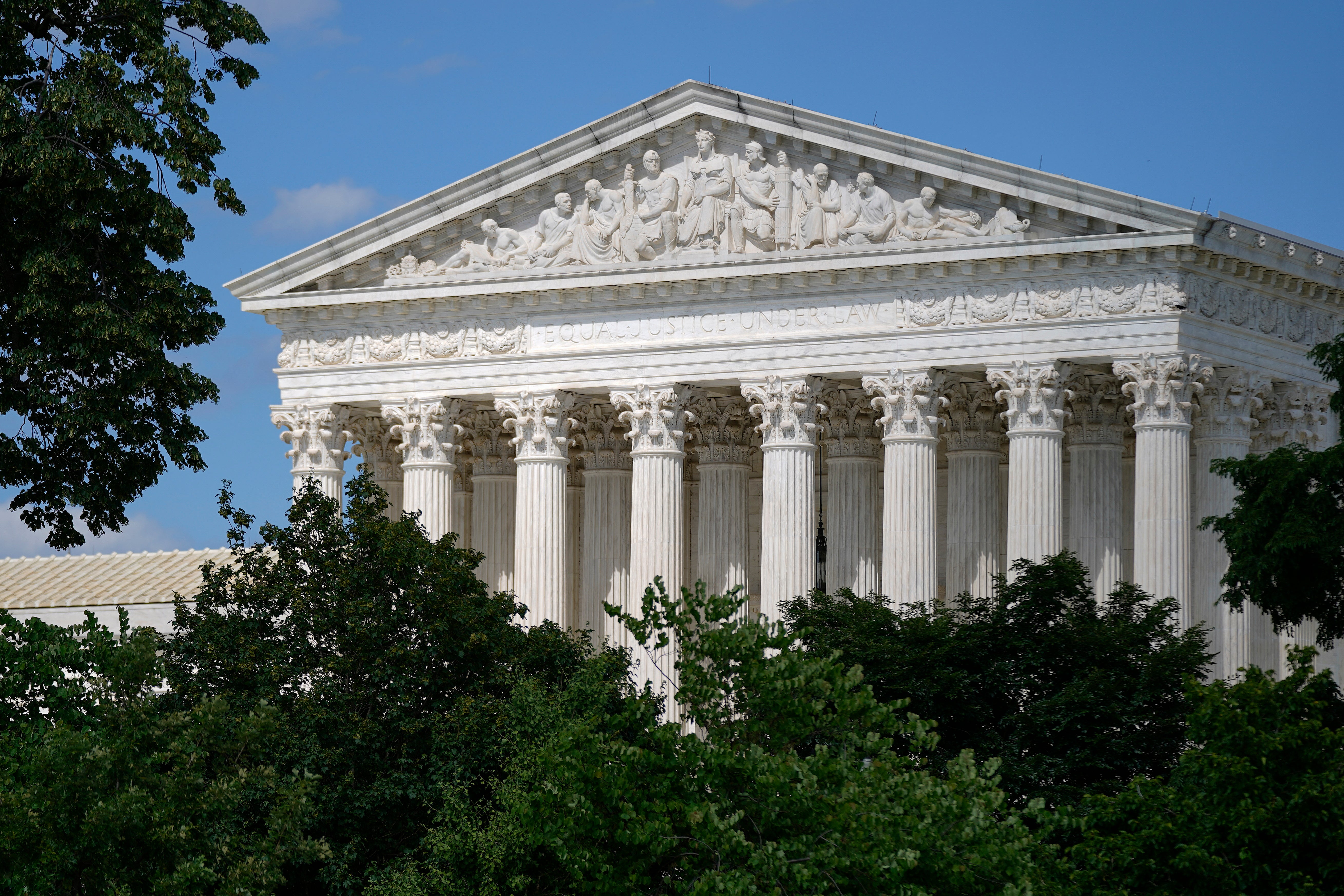High court rules against government on drug reimbursement
The Supreme Court says the federal government improperly lowered drug reimbursement payments to hospitals and clinics that serve low-income communities

The Supreme Court said Wednesday that the federal government improperly lowered drug reimbursement payments to hospitals and clinics that serve low-income communities, a reduction that cost the facilities billions of dollars.
The high court ruled unanimously in a case involving payments for drugs, largely for cancer, that are used by Medicare patients in hospital outpatient departments. The Biden administration had stood by a Trump administration decision to reduce the payments.
The government had said that the hospitals and clinics, because of their special status serving low-income communities, are able to buy the drugs at a deep discount. The government said reimbursing the hospitals, called 340B hospitals, at the same rate as other hospitals that pay more created an incentive for the hospitals to overprescribe the drugs or prescribe more expensive drugs. It said that lowering the reimbursement would also save Medicare beneficiaries money in co-payments because those are linked to reimbursement rates.
Justice Brett Kavanaugh wrote for the court that “absent a survey of hospitals’ acquisition costs" the Department of Health and Human Services "may not vary the reimbursement rates for 340B hospitals. HHS’s 2018 and 2019 reimbursement rates for 340B hospitals were therefore contrary to the statute and unlawful.”
The case before the justices involved Medicare, which provides health insurance for nearly 60 million people age 65 and older or people with certain disabilities. Under Medicare, health care providers get reimbursed by the government for expenses including drugs used in hospital outpatient departments.
Hospitals had been getting reimbursed at a rate based on the average price of the drugs. But in 2018 the Trump administration said that 340B hospitals and clinics, which serve low-income communities, would be reimbursed at a lower rate. That’s because 340B hospitals and clinics are entitled to discounts from drug manufacturers that let them buy drugs at a lower cost. The administration cut the reimbursement rate by nearly 30%, an annual decrease to 340B hospitals and clinics of about $1.6 billion.
Affected hospitals sued and a federal judge initially ruled for them, but that decision was reversed by an appeals court.
The case is American Hospital Association v. Becerra, 20-1114.